EMH - Holy Inefficiency guide
Summary
This week’s discussion focuses on the concept of "holy inefficiency," exploring how our desire for efficiency often hinders our ability to experience wholeness and follow the way of Jesus. While efficiency—the ability to maximize outputs with minimal inputs—can be a valuable tool, it becomes problematic when applied to every aspect of life. Instead of alleviating anxiety and creating space, an obsession with efficiency often magnifies stress and reduces life to measurable outputs. The Bible offers an alternative: patience. Biblical patience is not merely about waiting but about creating spaciousness—towards God, others, and ourselves—to cultivate trust, intimacy, and room to breathe. Practicing holy inefficiency involves embracing rhythms, habits, and activities that resist the cultural obsession with productivity and allow us to flourish as image-bearers of God.
Reflection Questions
Opening Reflection
What are some ways you prioritize efficiency in your daily life? How does it shape your time, relationships, or spiritual practices?
Have you ever felt boxed in or overwhelmed by the need to "do more with less"? How did that affect your sense of peace or connection?
Understanding Efficiency and Its Limits
The discussion highlights that efficiency is a tool but can become an obsession. When have you experienced efficiency as helpful? When has it felt like a burden?
How does our culture measure value through the lens of usefulness? How does that impact how we see ourselves and others?
The text mentions that efficiency often magnifies anxiety rather than alleviating it. Have you seen this in your own life?
Exploring Patience and Spaciousness
The biblical concept of patience is described as being "long of nose" or "long of breath," implying spaciousness. How does this reshape your understanding of patience?
Reflect on the idea that God’s patience is about creating space and time for us. How might practicing patience help you create space for others and yourself?
What role does trust play in learning patience and resisting the urge to control everything?
Practices of Holy Inefficiency
The guide suggests practices like rest, listening prayer, creativity, time with children, and shared meals. Which of these resonates most with you? Why?
Have you ever intentionally engaged in an activity that felt inefficient but deeply meaningful? Share your experience.
What does it look like for you to build “room to breathe” into your life and relationships? What challenges might you face?
Personal Application
How might practicing holy inefficiency change the way you approach your work, relationships, or spiritual life?
What is one small step you could take this week to cultivate spaciousness in your daily routines or interactions?
Closing Activity
Spend 1-2 minutes in silence together, focusing on your breath as a reminder of God’s spaciousness and patience. Afterward, invite participants to share one takeaway or commitment they’d like to make based on today’s discussion.
Prayer
Close by praying for the group to embrace trust, patience, and holy inefficiency in their lives. Ask for God’s guidance in creating room to breathe and experience His presence more deeply.

